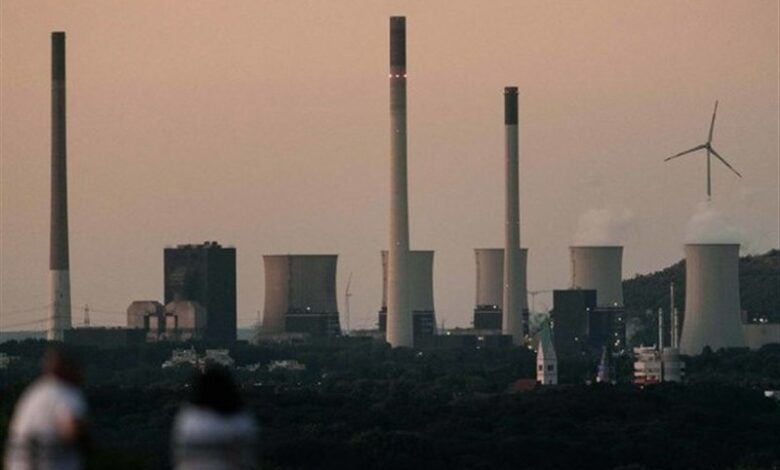Citizens urged to conserve energy due to power shortages in southwestern Germany

| While electricity is scarce in southwest Germany due to some problems in energy supply, authorities have asked citizens to conserve electricity. |
According to the report of the international group Tasnim news agency quoting “Focus” magazine, electricity is scarce in southwest Germany. Network operator TransnetBW asked the citizens of Baden-Württemberg to save electricity on Monday from 6:00 a.m. to 2:00 p.m. A spokesperson for TransnetBW said in response to a question from Focus magazine: “The high level of wind power in northern Germany has led to high usage of power lines.” This means that the transport capacities of the lines from the north of Germany to the south west are overloaded. Abroad for reshipment in addition to the service volume in Baden-Württemberg copes with this problem. The company has to do more than usual to keep the network stable. However, the spokesman said there were no concerns about power outages. But it’s less than desirable because reshipping costs a lot. He added: “The current events are not exceptional and show manageable challenges for managing our system. But they emphasize once again that we need a power plant strategy in Germany.”
This strategy was initially intended to coordinate the shift of gas plants in order to cover 80% of Germany’s electricity needs from renewable energies. One of the main reasons for the postponement of this strategy is the current budget crisis, which was aggravated by the ruling of the Federal Constitutional Court regarding the federal budget and the Climate and Transformation Fund (KTF).
This ruling calls into question many financial intensive projects, including the government budget for gas power plants. Although the Ministry of Economic Affairs has recently emphasized that intensive work on this strategy continues, the need for more cost-effective design makes planning more difficult given the tight budget.
Criticism comes from various directions, including from coalition partners and the opposition, who point to the urgency of the strategy to secure energy resources in Germany and achieve climate policy goals.
The situation in southwest Germany, where grid operator TransnetBW has called for retransmission measures due to high wind feed in the north and excess transmission capacities, is directly related to the need for a power plant strategy. Universally relevant in Germany. The use of retransmission measures is a clear sign that the power grid repeatedly reaches its limits under current conditions. In Germany it is complex and multi-layered. Although a well-thought-out power plant strategy can provide a partial solution, the underlying problem is deeper. Increasing dependence on electricity from large wind farms in the North Sea and imports from Northern Europe has led to a geographical shift in the concentration of power plants. While coal-fired power plants and nuclear power plants scattered throughout the country were the most important sources of electricity in the past, today electricity production is increasingly concentrated in northern Germany.
A key problem is that existing power lines are still based on old energy infrastructure. Currently there is a lack of sufficient north-south connections – so-called electricity superhighways – to make the energy flow efficient. Even with retransmission optimization measures that can help stabilize the network in the short term, bottlenecks remain that are comparable to traffic on a highway.
So solving this problem requires It has a two-pronged approach: on the one hand, the much-needed power plant strategy that sets a clear timetable for backup energy sources, and on the other hand, the expansion of line infrastructure, the latter of which is underway but must accelerate to ensure a sustainable and efficient energy supply in Germany in the future.
Current events therefore emphasize the necessity of such a comprehensive strategy, which aims not only to stabilize the power grid In the short term, it provides long-term solutions to the challenges of energy supply and distribution in Germany.
end of message/
| Publisher | Tasnim News |


